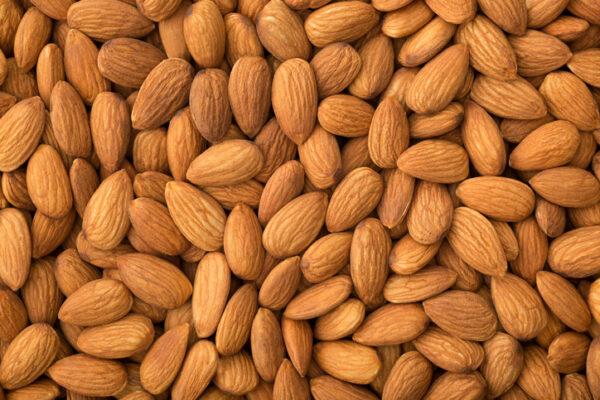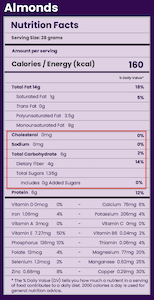Do you know what’s the hidden fact about adulteration? Adulteration is not only adding unhealthy substances in food products but also subtracting ingredients from food. When this happens, it becomes harder to identify the adulteration, but this type of adulteration is equally dangerous.
The 2018-19 annual report of the Food Safety and Standards Authority of India (FSSAI) stated that 28.56% of the food samples tested for quality were found to be adulterated.
Having said that, not all adulteration is intentional. Several times, adulteration happens naturally when some ingredients get stripped off of the food products due to the passing of time.
Whether adulteration is by adding or subtracting ingredients, it impacts your health. Here are some common effects of adulterated food:
# 1 Impaired gut health
Adulterated food leads to several gastric issues such as worms or impaired flora in the gut. This in turn impacts the overall immunity of the body. For instance, apples are sometimes coated with wax so as to make them look fresher and shinier. However, this wax impacts your gut adversely. Children often complain of stomach aches immediately after eating apples. It is advised to peel the apple with a scale, if the wax comes out, it is best to consume such apples without skin.
# 2 Impaired respiratory health
Addition of plastic is often discovered in food these days. Some potato chips have been found to contain plastic. It is a popular product among children and plastic content may lead to asthma in the long run. One way to check this is to burn a piece of chips, if it gets burnt quickly and produces ashes, it has plastic.
# 3 Stomach and liver disorders
There are products such as ice-cream or even food ingredients such as turmeric powder that have been adulterated with washing powder or certain such chemicals. These chemicals can cause severe stomach and liver disorders.
How to conduct simple tests at home to test adulteration?
| Food product | Common adulterants | How to test? |
| Turmeric powder/Besan | Metanil yellow/Kesari dal | Dissolve a spoonful in 20ml water. Squeeze a lemon or a drop of orange. If the water turns pink, violet or purple, it is adulterated. |
| Mustard seeds | Argemone seeds | Press one seed, if there’s white surface inside, it is an argemone seed. Mustard seeds are black from inside too. |
| Black pepper | Papaya seeds | Put a clove inside a bowl of alcohol. Pepper seeds will sink, papaya seeds will float. |
| Honey | Water/sugar solution | Dip a piece of cotton in honey, and burn it with a lighter. Pure honey will burn completely while adulterated honey will leave the cotton moist. |
Some of the most common ways of putting adulterated food to test is by burning or dipping in warm water. Another way is to always check for food labels at the back of the products (as against the front labels). Companies usually cannot lie on the ingredients list as they are verified by food authorities after testing.
Check our complete guide to reading the food labels to ensure you make healthier choices. [Link to our first blog on reading food labels]
About TGLIA products
We, as a company, ethically source and cross-examine each of our food products right from the source to the packaging, warehousing and delivery. Our suppliers follow ethical food production practices and packaging standards.






